Longtime PFS speaker1 Italian legal scholar Alessandro Fusillo (@AlessandroFusi9) appeared on the youtube show below, El Niño Speaks, with very interesting comments about Italy’s Populist Right and also touching on Javier Milei near the end.
The Youtube transcript as cleaned up by Grok is below, as well as a summary. Note Professor Hoppe and others at PFS have also been critical of Milei or debated his performance.2
Update: See Alessandro Fusillo, “Javier Milei ran as a libertarian revolutionary – and turns out to be just an ordinary politician,” Schweizer Monat (Dec. 9, 2025; in German), and:
(also in German)
Grok summary and English transcript of the Youtube above:
Summary of the Debate: Philipp Bagus (pro-Milei) vs. Alessandro Fusillo (critical)
The debate revolves around one central question: Is Javier Milei delivering (or at least moving toward) a genuine libertarian revolution in Argentina, or is he merely a charismatic conservative reformer who has broken his radical promises?
Alessandro Fusillo’s core criticism is that Milei sold a libertarian/anarcho-capitalist revolution during the campaign (abolish the central bank, drastic tax cuts, private-law society), but has delivered something very different in office. The central bank is still alive, Wall Street establishment figures (Caputo, Sturzenegger, Bausili) run economic policy, foreign policy is aggressively pro-Israel and pro-Ukraine, new IMF debt is massive, and many reforms (direct seizure of bank accounts, emphasis on a “more efficient state”) actually go in antilibertarian direction. For Fusillo, the result is at best Thatcher/Reagan/Berlusconi-style liberalism, not a libertarian breakthrough, and the identification “libertarian = whatever Milei does” is damaging the ideology.
Philipp Bagus counters that politics is the art of the possible and that Milei is following the exact two-pillar strategy recommended by Huerta de Soto and compatible with Mises and Rothbard: (1) uncompromisingly spread libertarian and Austrian ideas (which Milei does brilliantly on the world stage), and (2) move as fast as real-world constraints allow toward the ideal without ever reversing direction. Bagus highlights unprecedented achievements in two years: 30 % real cut in state spending, fiscal deficit turned into surplus, thousands of regulations abolished, rent controls lifted, currency competition introduced, monthly inflation collapsed from 25 % to ~4 %, and poverty rate down from over 50 % to around 30–35 %. The still-existing monetary overhang and swings in M0/M3 are explained as the controlled release of the previous government’s “repressed inflation”, not new money printing by Milei.
On foreign policy, Bagus sees the pro-USA/pro-Israel shift as geopolitically unavoidable and not clearly worse than the previous pro-China/Russia/Iran alignment of the Peronists. Fusillo views it as emotional neoconservatism that has nothing to do with libertarian non-interventionism. Both agree that Milei is surrounded by non-libertarian advisors and coalition partners and does not have dictatorial power, but they disagree on whether the compromises made so far are still “in the right direction” or already a betrayal of the original programme.
In the end, the debate boils down to temperament and time horizon: Fusillo believes the radical promises have been broken and the window of opportunity for real change is closing; Bagus believes Milei has already achieved historic libertarian advances under enormous resistance and is still clearly moving in the right direction, therefore deserves continued constructive support rather than being labelled a traitor. Both nevertheless stress that open, friendly criticism within the libertarian movement is not only allowed but necessary.
***
Summary by Grok:
Summary of El Niño Speaks Episode 166: Italy’s Populist Right Has Been Compromised
Interview with Alessandro Fusillo by Jose Niño, originally aired on YouTube.
In this episode of El Niño Speaks, host Jose Niño interviews Alessandro Fusillo, an Italian attorney and president of the Italian Libertarian Movement, who provides a critical perspective on Italy’s political landscape and global libertarian issues. Fusillo, a Rothbardian libertarian with offices in Italy, Germany, and Spain, explains the movement’s hardcore philosophical stance, uninvolved in politics, which gained traction during the COVID crisis through protests and civil disobedience. He contrasts their strict adherence to Mises and Rothbard with Italy’s more establishment-oriented liberal think tanks, like the Instituto Bruno Leoni, which align with the current Meloni government and have drifted from their libertarian roots.
Fusillo critiques Italy’s right-wing populist parties, Lega and Brothers of Italy, arguing they serve U.S. and EU interests rather than their nationalist promises. Lega, once a secessionist movement, has become a neoconservative party under Matteo Salvini, failing to curb immigration or resist COVID restrictions. Brothers of Italy, led by Giorgia Meloni, abandoned its anti-EU and anti-Russia sanctions rhetoric after winning in 2022, enforcing EU directives like vehicle bans that contradict its conservative platform. Fusillo attributes Italy’s compliance to its post-World War II loss of sovereignty, with politics dictated by Washington, D.C., and bipartisan support for Israel reflecting foreign influence, occasionally disrupted by past figures like Aldo Moro and Bettino Craxi.
The discussion also covers foreign influence in Italy, with Fusillo alleging historical interference by U.S., British, and Israeli intelligence, citing incidents like the Fiumicino Airport attack and the mysterious Lake Como sinking involving secret agents. He highlights Italy’s role as a logistical hub for U.S. military support to Israel, facilitated through numerous American bases. Fusillo questions the legitimacy of foreign agents operating in Italy and connects this to broader geopolitical control, including the British influence during Italy’s unification, painting Italy as a “playground” for foreign intelligence services.
Finally, Fusillo expresses disillusionment with Argentine President Javier Milei, initially supported by Italian libertarians for his libertarian rhetoric but now criticized for expanding money supply by over 200%, contradicting Austrian economics principles. He accuses Milei of betraying libertarian ideals through his support for Israel, which he deems incompatible with anti-war libertarianism, and involvement in a cryptocurrency scam. Fusillo argues Milei’s popularity stems from Argentina’s desire for a fresh alternative after failed liberal experiments, but his policies reflect establishment tactics, undermining his anarchist promises. The interview concludes with Fusillo directing listeners to his Italian-language Telegram channel, website, and X account for further insights.
Edited transcript by Grok:
El Niño Speaks Episode 166: Italy’s Populist Right Has Been Compromised
Interview with Alessandro Fusillo by Jose Niño, originally aired on YouTube.
Introduction
Jose Niño:
Welcome back, everyone! This is Jose Niño for another episode of El Niño Speaks. Tonight, I am joined by Alessandro Fusillo. How are you, Alessandro?
Alessandro Fusillo:
I’m doing well, thank you for the invitation. It’s an honor and a pleasure to be on your channel. Hopefully, we’ll share something interesting for your audience tonight.
Jose Niño:
I was recommended to bring you on by a mutual friend, Alastair Agnew. We’ve been chatting on Twitter, and I’ve noticed you’re well-connected in European libertarian and right-wing spaces, as well as knowledgeable about Latin American affairs. Before we dive into that, could you tell my audience more about yourself?
Alessandro Fusillo’s Background
Alessandro Fusillo:
I’m an Italian attorney, educated at the University of Rome, and I’ve been practicing law since 1995, giving me extensive experience with public justice systems. Being half-German, I also have offices in Berlin and Munich. Thanks to my knowledge of Spanish and Latin American cultures, which I explored extensively about 15 years ago, I’m admitted to the bar in Spain as well. I became involved with the libertarian movement and Austrian economics around 2007-2008 during the financial crisis, which led me to the works of Ludwig von Mises, Murray Rothbard, and Hans-Hermann Hoppe.
Over the years, I engaged with the libertarian world, particularly through the American side. I spoke at Anarchapulco, am friends with Doug Casey and his group, and regularly attend and speak at the Property and Freedom Society conference in Bodrum, organized by Hans-Hermann Hoppe. In Italy, I’m fully involved with the Italian Libertarian Movement, a small but dedicated philosophical group celebrating its 20th anniversary this year. We are hardcore libertarians, not a political party, focused on promoting libertarian ideals. I’m currently the president of the movement. Since the COVID crisis, we’ve organized protests, acts of civil disobedience, and faced numerous trials, which brought many new members to our cause as people recognized the dangers of government overreach.
The Italian Libertarian Movement
Jose Niño:
I’m curious about the Italian Libertarian Movement. I don’t identify as libertarian anymore, but I work with libertarian organizations and individuals, especially on anti-war issues. What strain of libertarianism is more common in Italy? Is it more Rothbardian, or is it closer to the Cato Institute’s neoliberal style?
Alessandro Fusillo:
The Italian Libertarian Movement is definitely Rothbardian. We are hardcore libertarians, strictly aligned with the Mises-Rothbard line. There are, of course, softer libertarians in Italy, perhaps former libertarians, connected to more liberal think tanks like the Instituto Bruno Leoni, which align with the Cato Institute’s brand of libertarianism and are involved in politics. Our movement, however, remains philosophically pure and uninvolved in political activities.
Jose Niño:
You mentioned Bruno Leoni, which reminds me of my time working in D.C.’s think tank space, where his name came up occasionally. Is the Instituto Bruno Leoni more classical liberal and establishment-oriented, and how do they align with the current Meloni government?
Alessandro Fusillo:
The Instituto Bruno Leoni started in the libertarian tradition but has evolved toward liberal democratic positions, collaborating with the current government. In my opinion, they are far from Bruno Leoni’s later, more radical libertarian views. Leoni, an attorney and university professor, focused on natural law and the idea that rules should emerge from litigation, not be imposed by a sovereign. He compared the emergence of rules to market prices, arising from the clash of interests, and criticized fiat laws created by political institutions. His key works, Freedom and the Law and Law as a Claim, reflect this. Toward the end of his life, Leoni became more libertarian, a view shared by my friend Professor Carlo Lottieri, a leading Leoni scholar. Similarly, economist Sergio Ricossa, initially a classical liberal, moved closer to Rothbard and Hoppe. However, Italy’s main liberal think tanks are not libertarian; our movement is small, coherent, and relies solely on member contributions, as we avoid political entanglements.
Zionist Influence in Italian Politics
Jose Niño:
I’ve been covering Zionist influence across the political spectrum, from left-liberal to right-wing populist parties. Has this pro-Israel sentiment permeated Italian politics as well?
Alessandro Fusillo:
Yes, it’s bipartisan, much like in the United States. Pro-Israel politicians exist on both the center-right and center-left. This stems from Italy’s lack of sovereignty, a critical point to understand. After World War II, Italy signed an unconditional surrender to the Allies, primarily the United States, relinquishing most of its sovereignty. Italian politics is largely decided in Washington, D.C., a harsh truth many Italians deny. Until the 1970s and 1980s, some politicians, like Aldo Moro and Bettino Craxi, resisted U.S. influence. Moro, a Christian Democratic leader and former prime minister, was murdered in 1978 by the Red Brigades, widely believed to be CIA or Mossad assets rather than genuine communists. Craxi, in the 1985 Sigonella incident, prevented U.S. forces from arresting Palestinian suspects, leading to a tense standoff. He later died in exile in the 1990s after being ousted. Today, most Italian politicians align with U.S. and Zionist policies, with 90% or more supporting Israel’s actions, especially since October 7, 2023, repeating U.S. narratives about Israel’s right to defend itself. Voices opposing Israel’s actions in Gaza are isolated and not mainstream.
Jose Niño:
You mentioned Mossad in connection with Aldo Moro’s case. Have there been scandals involving Mossad or Israeli intelligence interfering in Italian politics?
Alessandro Fusillo:
Yes, there have been several. In the 1980s, a major terrorist attack at Fiumicino Airport, attributed to Palestinian terrorists, killed dozens. Mossad agents, present in Italy, killed the attackers on the spot, raising questions about their presence and legitimacy. A few years ago, a mysterious boat sinking in Lake Como involved Italian and Israeli secret agents, with no clear explanation. Italy is a playground for foreign intelligence services, particularly British, American, and Israeli, often collaborating with Italian services. For example, when Mike Lynch’s yacht Bayesian sank off Palermo in 2024, MI6 agents were among the first on the scene, raising further questions. Italy’s unification was heavily influenced by British intelligence, and foreign services continue to operate extensively in the country.
Italy’s Right-Wing Populist Parties
Jose Niño:
Italy has gained international attention over the past decade with the rise of right-wing populist parties like Matteo Salvini’s Lega and Giorgia Meloni’s Brothers of Italy. What are the origins of these parties, and are they viable for right-wing nationalist reforms, or are they merely extensions of Washington, D.C., and Anglo-American-Israeli interests?
Alessandro Fusillo:
These parties won’t achieve meaningful reforms; they are aligned with U.S. interests. Prime Minister Giorgia Meloni, in her first parliamentary address, stated she would do what was necessary, even at the cost of losing elections, signaling her willingness to follow external orders. Lega and Brothers of Italy have different histories and are unlikely allies. Lega, founded in the 1980s by Umberto Bossi, began as a secessionist movement to separate northern Italy, a region with distinct dialects and historical autonomy, from the south. Italy is an artificial country, unified in the 19th century from disparate states like the Kingdom of the Two Sicilies, Austrian-controlled northeast, and Piedmont. Lega’s early secessionist ideas, influenced by libertarian-leaning political scientist Gianfranco Miglio, were promising but faded after Miglio’s death in 2001. Lega morphed into a neoconservative party under Matteo Salvini, focusing on border control and immigration but failing to deliver, especially during COVID, when it supported vaccine passports and restrictions, losing much of its base.
Brothers of Italy, led by Meloni, is the distant heir of the post-World War II Italian Social Movement (MSI), formed by former fascists after the fascist party was banned. MSI remained excluded from government until the 1990s, when Silvio Berlusconi endorsed its leader, Gianfranco Fini, for Rome’s mayoral race. MSI evolved into National Alliance and then Brothers of Italy, joining Berlusconi’s Forza Italia and Lega in the right-wing coalition. Forza Italia, now weakened after Berlusconi’s death, and Lega are minor players compared to Brothers of Italy, the coalition’s largest party.
Jose Niño:
What is your main issue with Brothers of Italy, and why do you see it as just another establishment entity approved by Washington, D.C.?
Alessandro Fusillo:
Before their 2022 victory, Brothers of Italy took strong stances against the Ukraine war, sanctions on Russia, and the European Union, even suggesting an exit from the euro or EU. They opposed uncontrolled immigration and promised to block sea arrivals through Sicily, reduce taxes, and cut bureaucracy. However, they’ve abandoned these promises, faithfully executing EU directives, such as banning Euro 5 diesel vehicles—about two to three million cars, many only 10 years old—from major cities starting next winter. This contradicts their conservative platform. Italy’s constitution allows parliamentarians to ignore their electors, enabling them to switch parties or policies freely, a common practice that undermines voter trust. Both Lega and Brothers of Italy occasionally criticize the EU for show, but their actions align with Brussels and Washington, rendering them indistinguishable on EU policy.
Italian Support for Israel Post-October 7
Jose Niño:
Since the October 7, 2023, crisis, has the Italian government provided significant military, financial, or intelligence aid to Israel?
Alessandro Fusillo:
Italy’s military aid to Israel is not significant compared to U.S. contributions, though we have ongoing collaboration as allies. Italy has provided substantial financial aid to Ukraine, and much of the U.S. military support for Israel is logistically facilitated through Italy’s numerous American military bases, which may house nuclear warheads. Italy, Greece, and Turkey serve as key logistical hubs for these operations.
Criticism of Javier Milei
Jose Niño:
I’ve noticed your criticism of Argentine President Javier Milei, who’s become a celebrity in international think tank circles. Why do you believe the hype around Milei is unfounded?
Alessandro Fusillo:
Milei was initially supported by Italian libertarians, including our founder Leonardo Facco, due to his libertarian rhetoric before entering politics in 2021. He promised to shut down Argentina’s central bank, slash taxes, and deregulate the economy. However, his actions as president contradict these promises. Money supply has increased over 200% in his first 18 months, contradicting Austrian economics principles. He reduced some taxes but raised others, and while he claimed to abolish the Argentine IRS, he created a new agency with greater powers. Allegations tie him to a cryptocurrency scam involving Libra, with ongoing U.S. class actions and investigations he reportedly shut down in Argentina.
Most critically, his staunch support for Israel, a state engaging in continuous wars and, by libertarian standards, a genocide in Gaza, is unacceptable. Libertarians prioritize peace, opposing government coercion, especially war, which aggresses against citizens through taxes, conscription, and violence. Milei’s claim to be a minarchist transitioning to anarchism is undermined by his foreign policy. I believe he exploited libertarian ideas to appeal to Argentines tired of failed classical liberal experiments, like those of Carlos Menem and Mauricio Macri. His TV persona, brash style, and economic expertise made him an effective candidate, but his policies betray his libertarian rhetoric.
Jose Niño:
Some argue Milei’s policies have reduced Argentina’s inflation rate, using that as a measure of success. How do you counter this?
Alessandro Fusillo:
This argument confuses consumer price inflation with monetary inflation. From an Austrian perspective, inflation is the increase in money supply, which Milei has expanded by over 200%, far exceeding his predecessors. Consumer price increases may have slowed, but Argentina’s history of manipulating statistics casts doubt on these figures, and many report higher prices. Even if true, lower consumer price inflation doesn’t negate the economic distortions caused by monetary expansion. Deflation, where prices fall, benefits consumers by increasing purchasing power, contrary to mainstream economics. Argentina’s high consumer price inflation persists, and the massive money supply increase, partially absorbed by government bonds, is a ticking time bomb that could trigger future price spikes.
Closing and Where to Follow Alessandro Fusillo
Jose Niño:
We’ve covered a lot of ground, Alessandro, and this is a good place to wrap up. Before we go, can you share where my audience can follow your work?
Alessandro Fusillo:
Most of my content is in Italian, but with AI translation, it’s accessible. I run a Telegram channel called Defensor, where I cover legal topics and share my work—we can include the link in the description. I have weekly interviews on two YouTube channels discussing politics, law, and economics. Public rallies and conferences are posted on my Telegram channel. My website, defensor.it, hosts legal tutorials and details on ongoing class actions before Italian courts. I’m active on X, sharing my libertarian perspective, and my YouTube channel features my videos, though primarily in Italian.
Jose Niño:
Thank you, Alessandro, for joining us. To my audience, thank you for tuning in, and with that, El Niño has spoken.
- PFP226 | Alessandro Fusillo, State-Making as War-Making: The Case of Italy (PFS 2021); PFP229 | Schwarz, Fusillo, Taghizadegan, Deist, Discussion, Q&A (PFS 2021); PFP244 | Alessandro Fusillo, “Roman Law Reconsidered” (PFS 2022); PFP246 | Hülsmann, Fusillo, Israel, Polleit, Kinsella, Discussion, Q&A (PFS 2022); PFP255 | Alessandro Fusillo, “The State of Emergency: The Government’s Illegal Tool of Domination” (PFS 2023); PFP258 | Hoppe, Fusillo, Daniels, “Discussion, Q&A” (PFS 2023); PFP274 | Alessandro Fusillo: “Liberalism, Anarchism, Fascism: A Brief Look at the Modern History of Italy” (PFS 2024); PFP276 | Bhandari, Fusillo, Taghizadegan, Gabb, Bagus: Discussion, Q&A (PFS 2024); PFP279 | Dürr, Müller, Fusillo, Bagus, Hoppe, Roundtable: What to Make of Milei (PFS 2024). His forthcoming talk at PFS 2025 is “The Pirates of the Caribbean as Forebears of the Libertarians and of the American Revolution.” [↩]
- Hoppe, A “Great Thinker” at Work; Considerations and Reflections of a Veteran Reactionary Libertarian (AERC 2025); Freedom and Property: Hans-Hermann Hoppe Talks About the Essence of Anarcho-capitalism; also Hans-Hermann Hoppe, “Javier Milei” (PFS 2024);
Antony Müller, “Milei after Nine Months: A Critical Update” (PFS 2024); Dürr, Müller, Fusillo, Bagus, Hoppe, Roundtable: What to Make of Milei (PFS 2024); PFP278 | Antony Müller: “Milei after Nine Months: A Critical Update” (PFS 2024); PFP279 | Dürr, Müller, Fusillo, Bagus, Hoppe, Roundtable: What to Make of Milei (PFS 2024); PFP280 | Special: Hans-Hermann Hoppe, “Javier Milei” (PFS 2024). [↩]


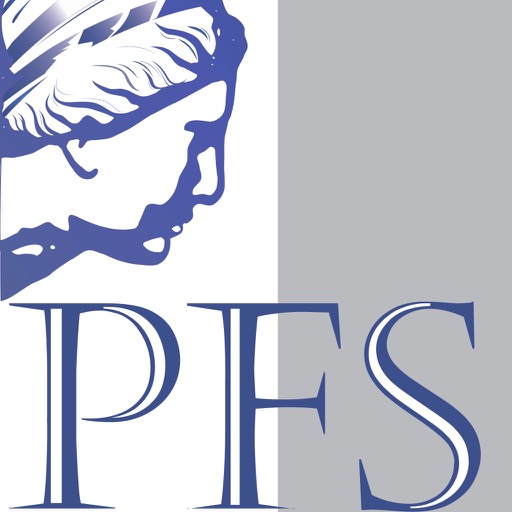
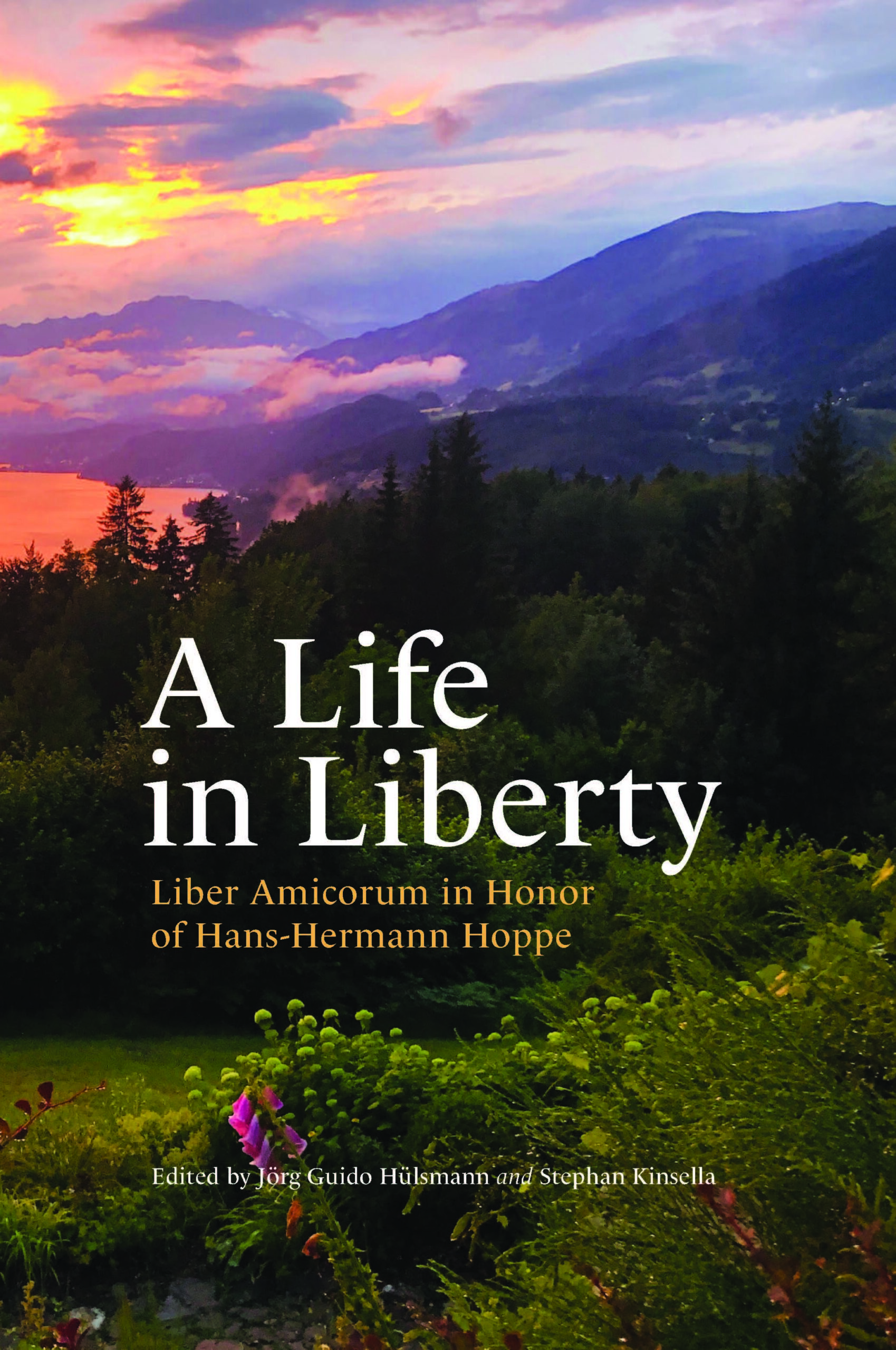
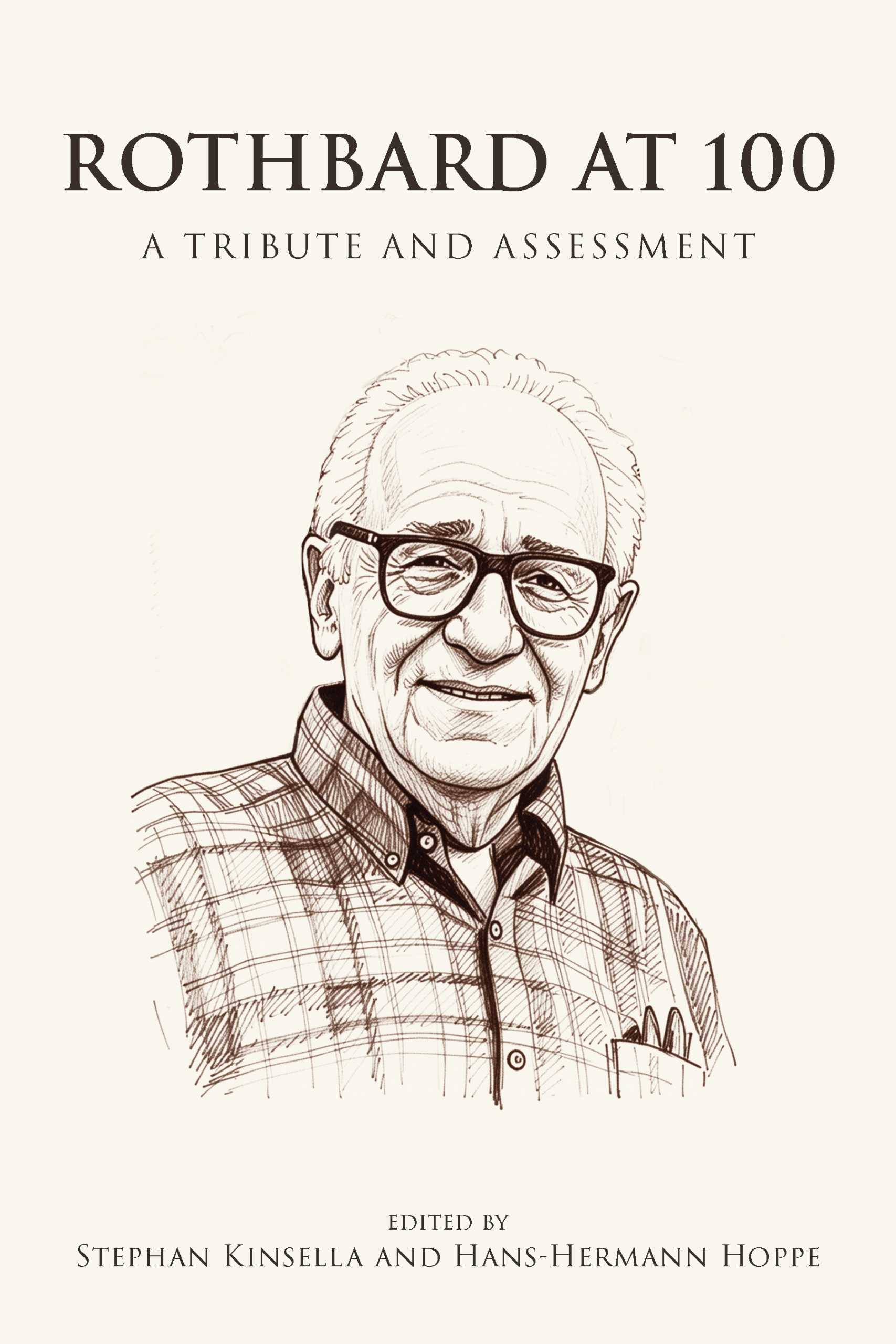
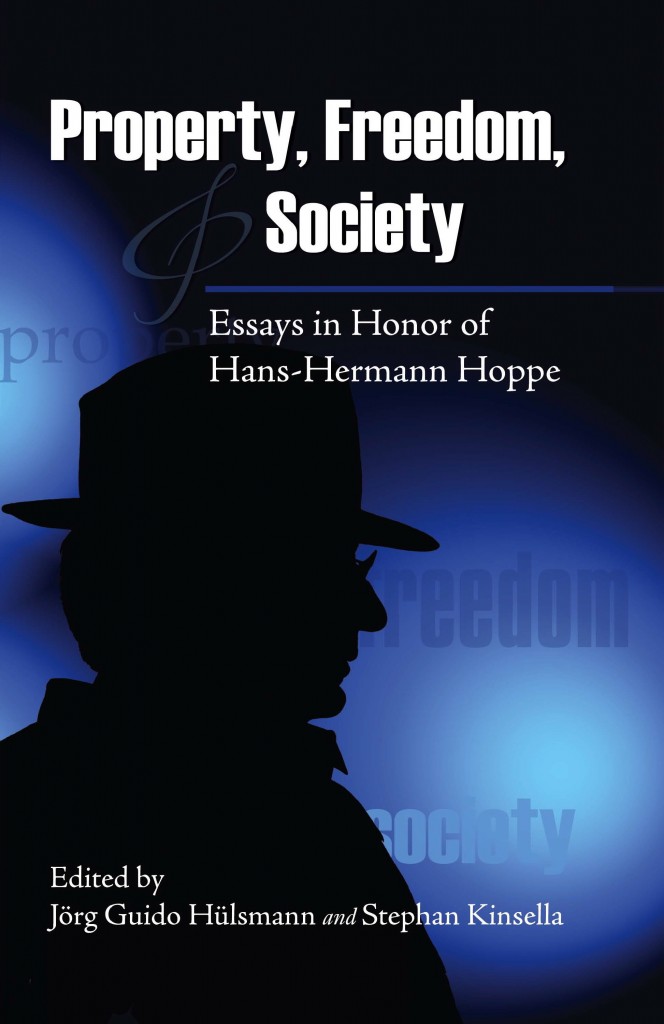
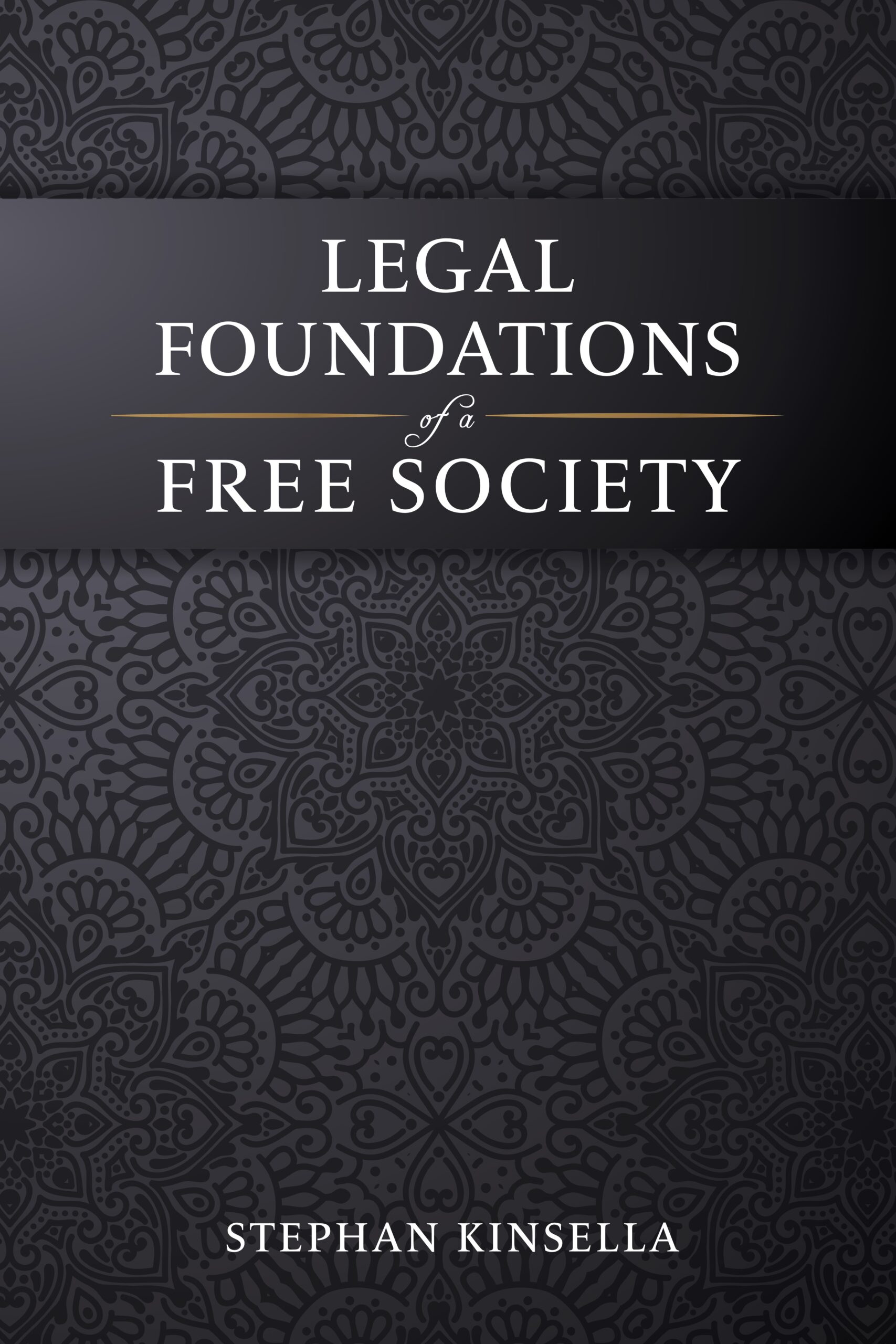
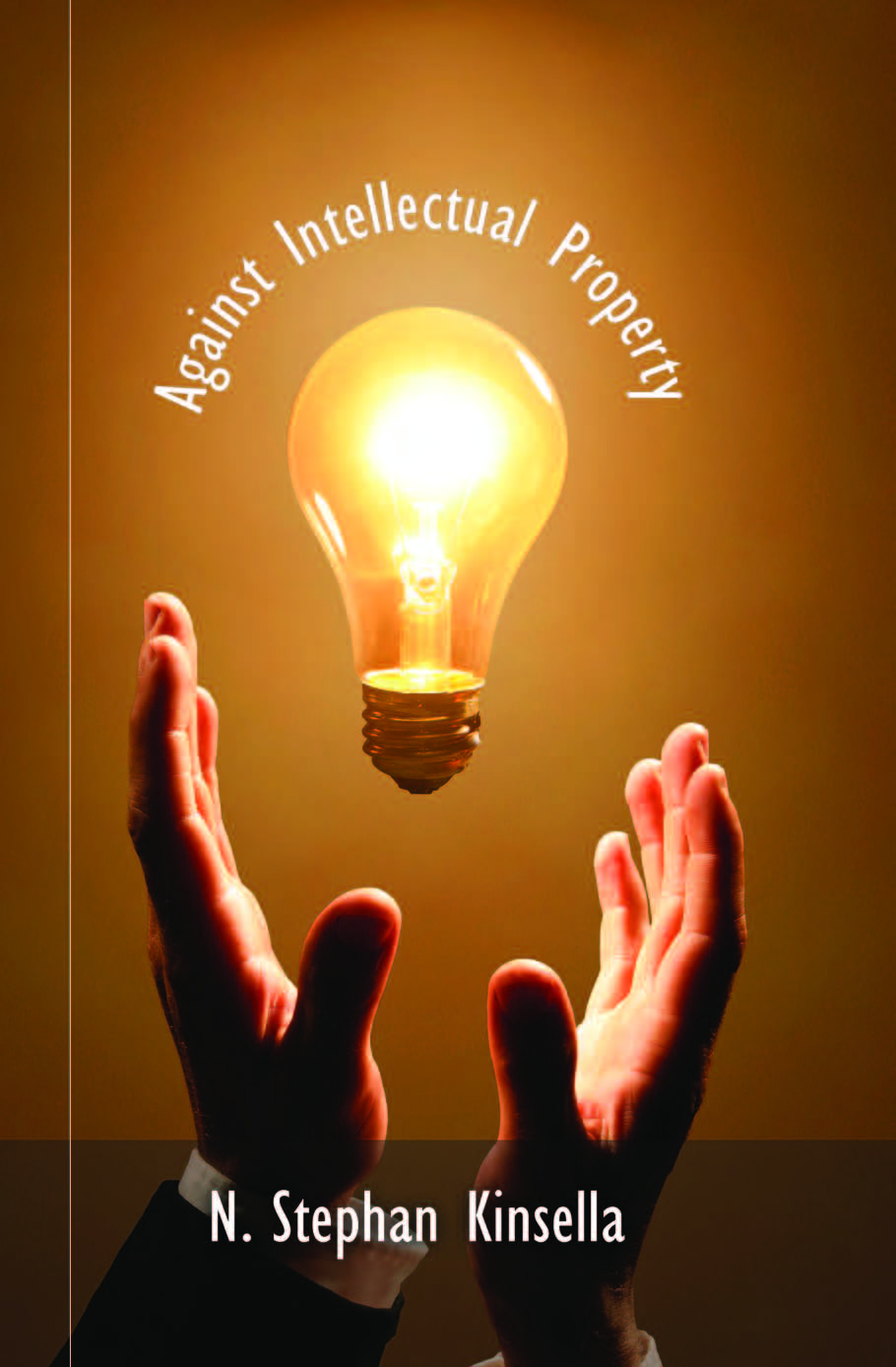
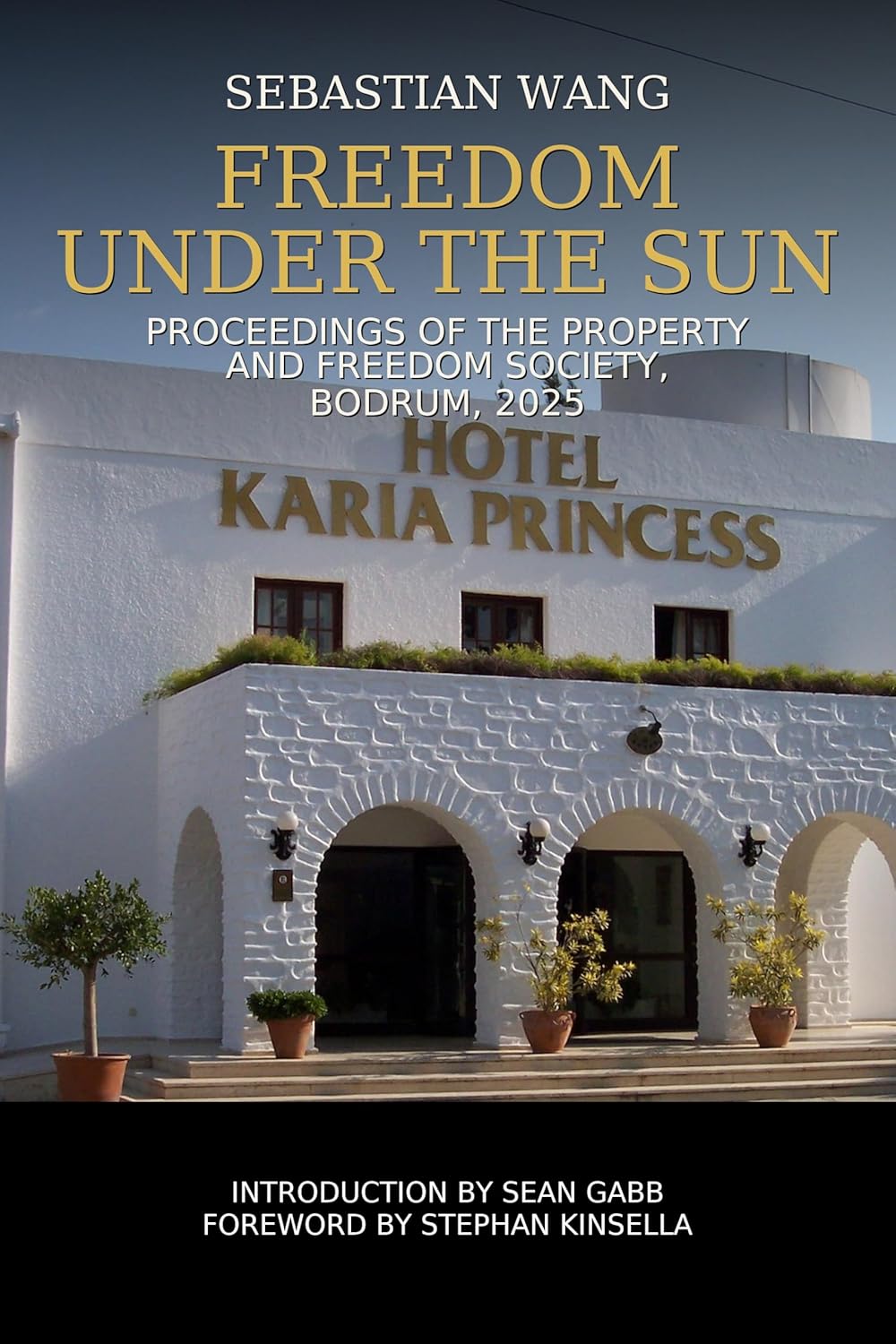
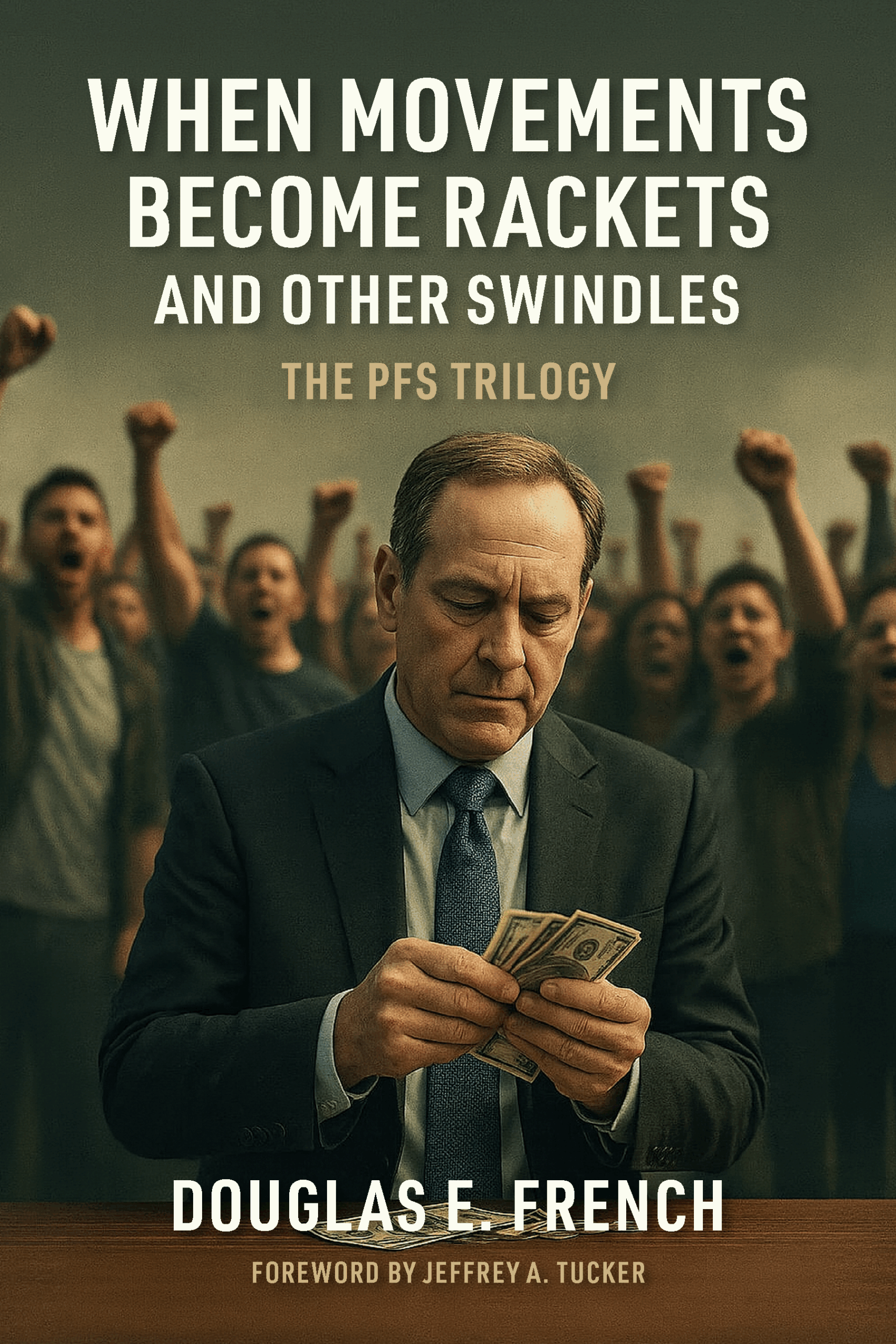


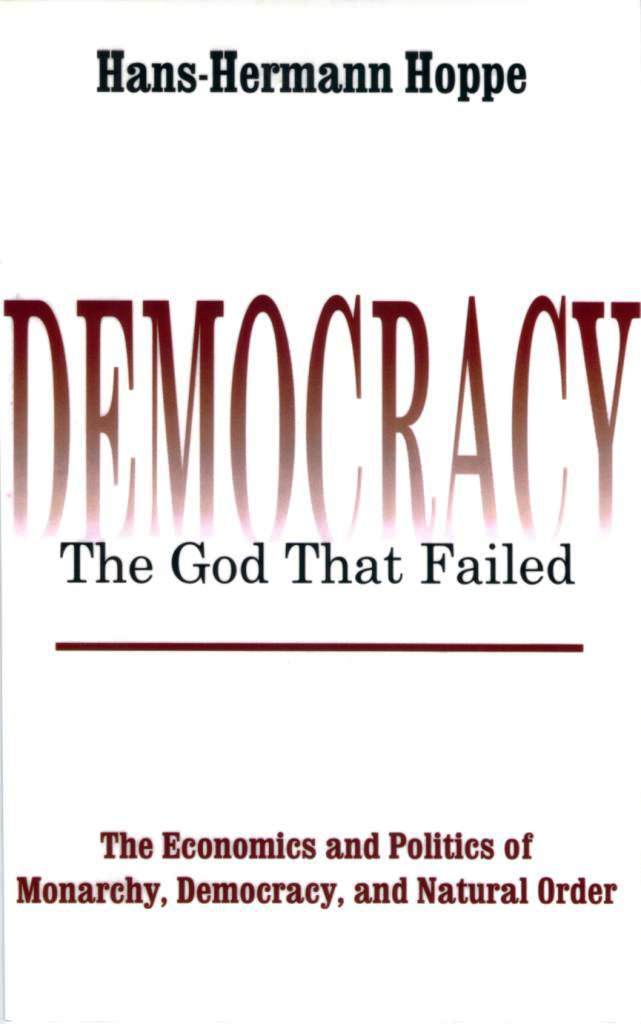


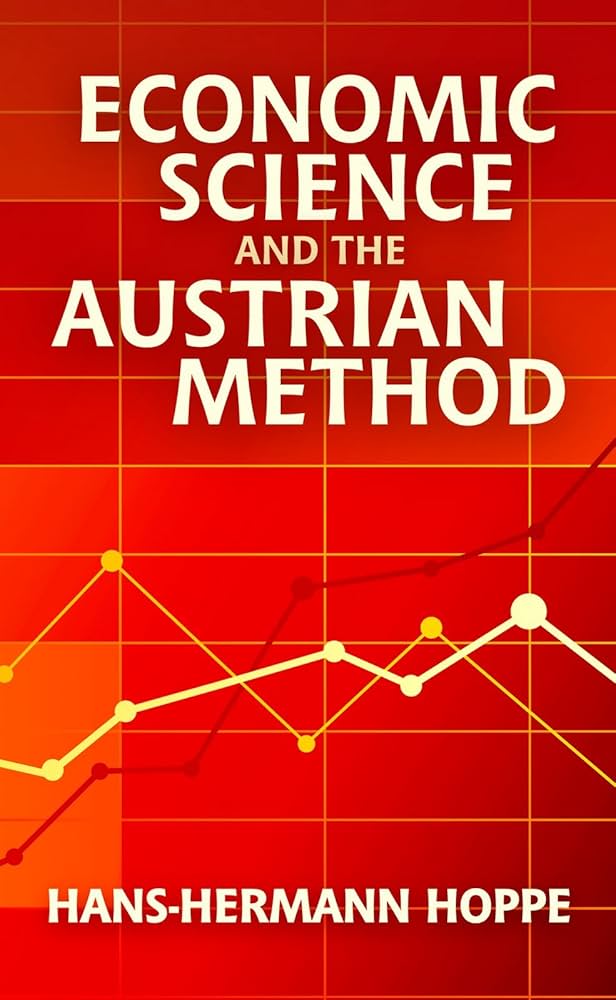
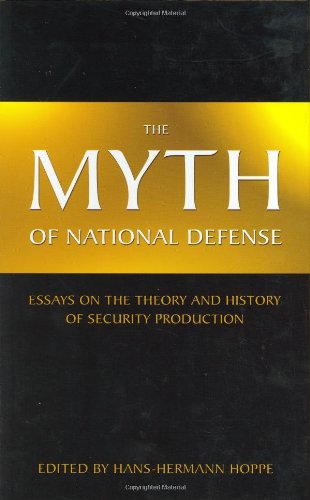
You must log in to post a comment. Log in now.